Qatar hands 8 ex-Indian navy officers death penalty over spying for Israel
Eight former officers of the Indian Navy have been handed the death penalty in Qatar on charges of working as spies for Israel.
Media reports said a Qatar court announced the death penalty for eight Indian military veterans on Thursday.
The convicted officers are Captain Navtej Singh Gill, Captain Birendra Kumar Verma, Captain Saurabh Vasisht, Commander Amit Nagpal, Commander Purnendu Tiwari, Commander Sugunakar Pakala, Commander Sanjeev Gupta and Sailor Rajesh Gopakumar.
The men had been working for a private firm when they were detained by the Qatari intelligence service in August last year.
The retired officers were arrested on charges of spying for Israel and were accused of espionage and state-sponsored terrorism.
They worked for a private firm, Dahra Global Technologies and Consultancy Services, which provided training and other services for Qatar's armed forces.
They have been accused of spying on Qatar's advanced submarines for Israel. These submarines were coated with special materials that enhanced their stealth capabilities, something that would be valuable for any navy in the world.
According to reports, the submarines were being built in collaboration with an Italian shipbuilding firm.
Qatari authorities earlier indicated that they possessed electronic evidence pertaining to the matter.
The Indian nationals had had their first trial in late March. New Delhi had been granted consular access to the eight Indians and had been working to secure their release.
'We are deeply shocked': India
A report by Indian news agency ANI quoting sources had said in April this year that Indian agencies were providing all possible support to the detained Indians.
Responding to the development, the Ministry of External Affairs on Thursday said India was exploring all legal options in this regard.
“We are deeply shocked by the verdict of the death penalty and are awaiting the detailed judgment. We are in touch with the family members and the legal team, and we are exploring all legal options. We attach high importance to this case and have been following it closely. We will continue to extend all consular and legal assistance. We will also take up the verdict with Qatari authorities," the ministry said.
“We attach high importance to this case, and have been following it closely. We will continue to extend all consular and legal assistance. We will also take up the verdict with Qatari authorities. Due to the confidential nature of proceedings of this case, it would not be appropriate to make any further comment at this juncture,” it added.
India's policy shift on Palestine
India was not always a supporter of the Israeli regime. It opposed the creation of Israel and backed the rights of Palestinian refugees displaced by the 1948 Arab-Israeli War.
The first prime minister of India, Jawaharlal Nehru, and the country’s independence leader Mahatma Gandhi, had both expressed their sympathy for the plight of the Palestinians.
India’s foreign policy has historically supported the Palestinian cause, which began with India voting against the United Nations resolution to create Israel in 1947 and then recognizing the PLO as a representative of the Palestinian people in 1974.
But as New Delhi looked for new partnerships in line with its strategic and regional interests, the Palestine cause was put on the back burner.
The history of military cooperation between India and the Israeli regime can be traced back to the early 1990s when New Delhi for the first time started purchasing weaponry from Tel Aviv.
Over the years, especially under the incumbent BJP government, India has become one of the largest buyers of Israeli military equipment, purchasing weapons such as unmanned aerial vehicles (UAVs), radar systems, missile defense systems, and ammunition.
It was in 1992 that India and Israel normalized relations, but after the BJP government took over in 2014, Prime Minister Narendra Modi became the first Indian Prime Minister to visit the occupied territories, a departure from the policy pursued by his predecessors since 1948.
Israel’s relentless bombing of the besieged Gaza Strip and killing of nearly 6,000 people – a third of them children – in two weeks has outraged people across the world, triggering mass protests and a call for an immediate ceasefire.
Death toll in Gaza had risen to more than 7,000 people, including nearly 3,000 children, Palestinian officials said on Thursday.
India allows protests in support of Israel, bans in support of Palestine
In recent weeks, New Delhi has even sanctioned force against protests in solidarity with Palestine and in denunciation of the Tel Aviv aggression of the besieged Gaza Strip, while allowing demonstrations in support of the Israeli regime.
The developments also come as Qatar’s Emir Sheikh Tamim bin Hamad Al Thani recently expressed concerns about Israel’s escalating violence in the Gaza Strip, urging the international community not to grant the occupying regime “unrestricted authorization” to kill Palestinians.
Trump launches sweeping clemency offensive, pardoning allies, donors, repeat fraudsters
Iraqi army assumes full control of Ain al-Asad airbase after complete US withdrawal
VIDEO | Trump main culprit of acts of terror in Iran
Iran restores SMS access, eases curbs on domestic messengers
Hamas says Israeli army, settlers coordinating West Bank attacks
Israel says Trump's Gaza oversight panel 'contradicts its policy'
Iran reports record natural gas processing capacity
US judge bars federal agents from pepper spraying, arresting protesters in Minnesota


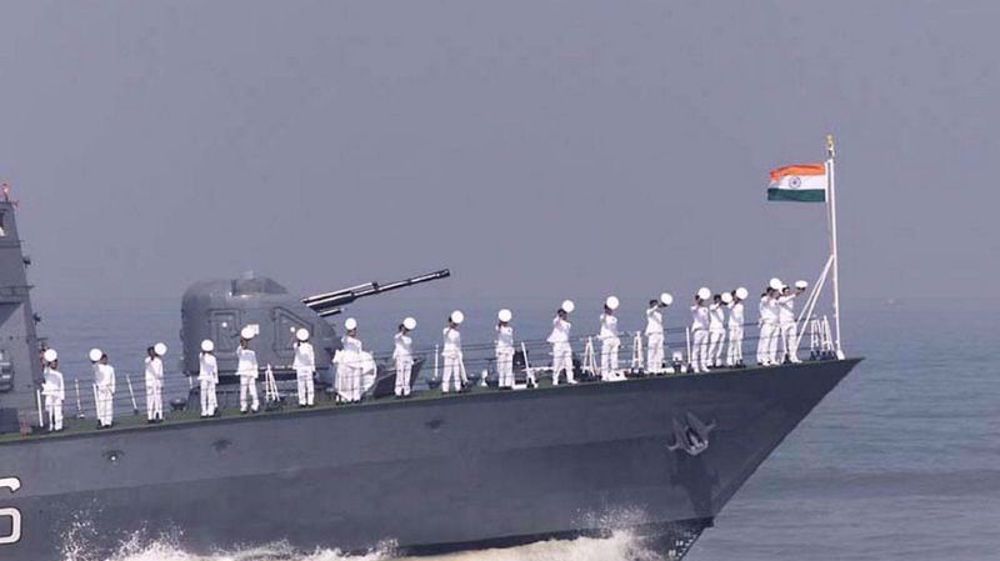
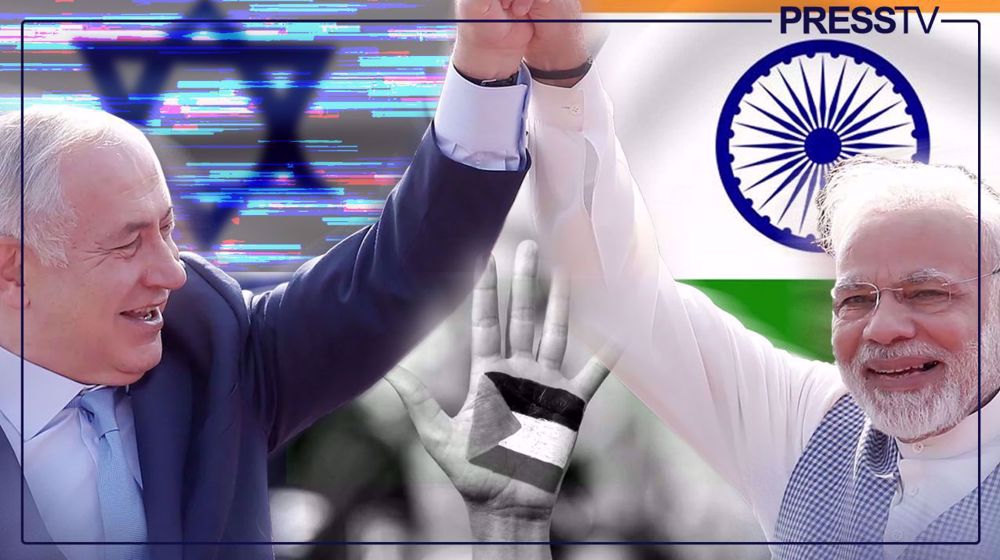

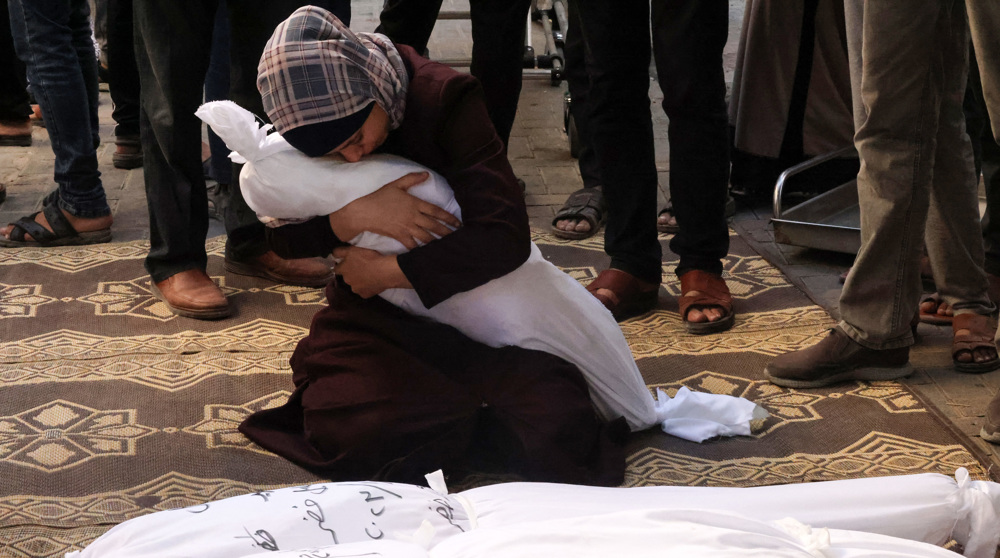
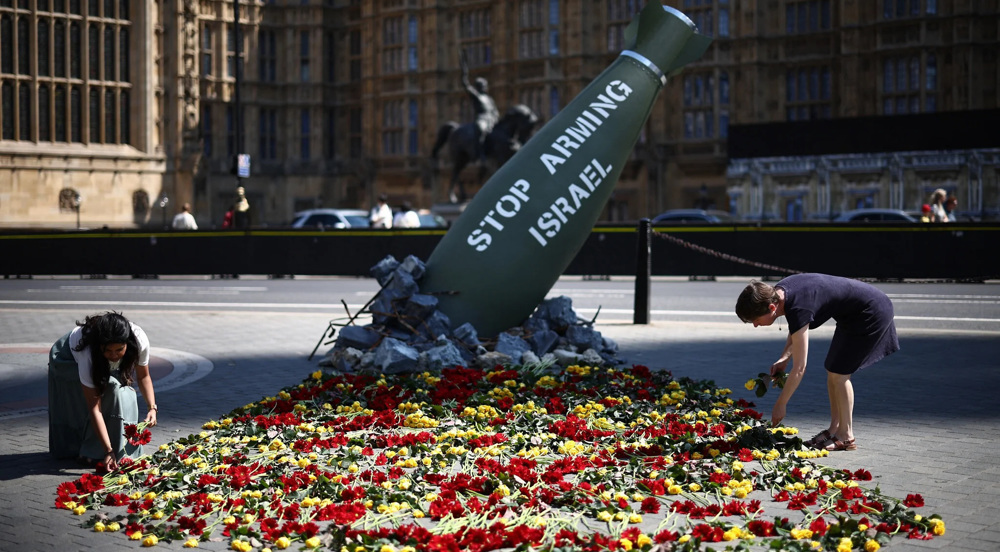
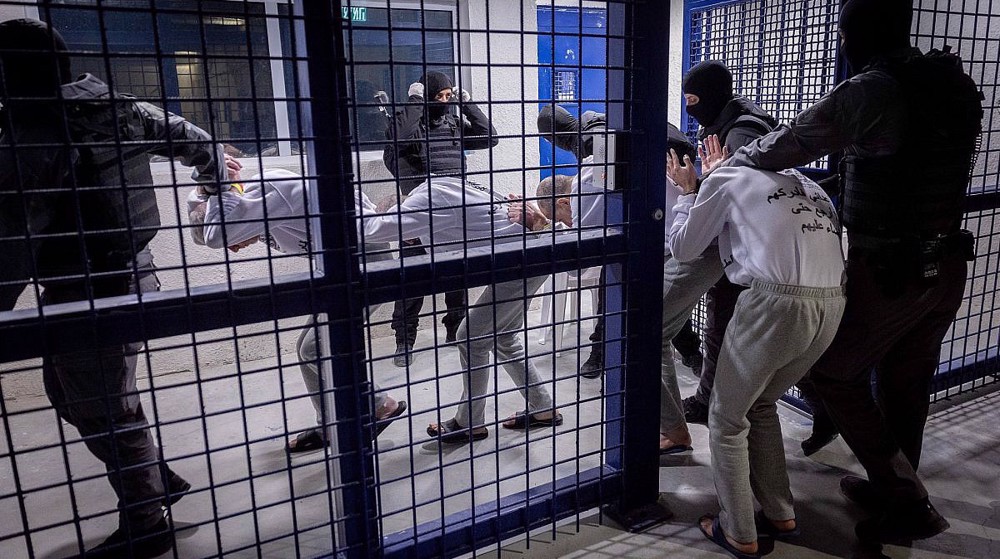
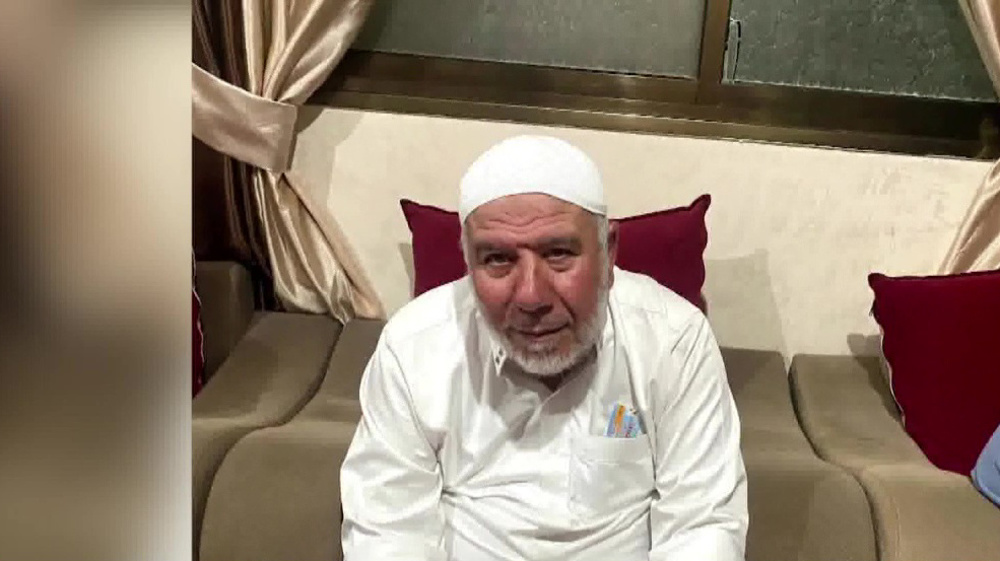



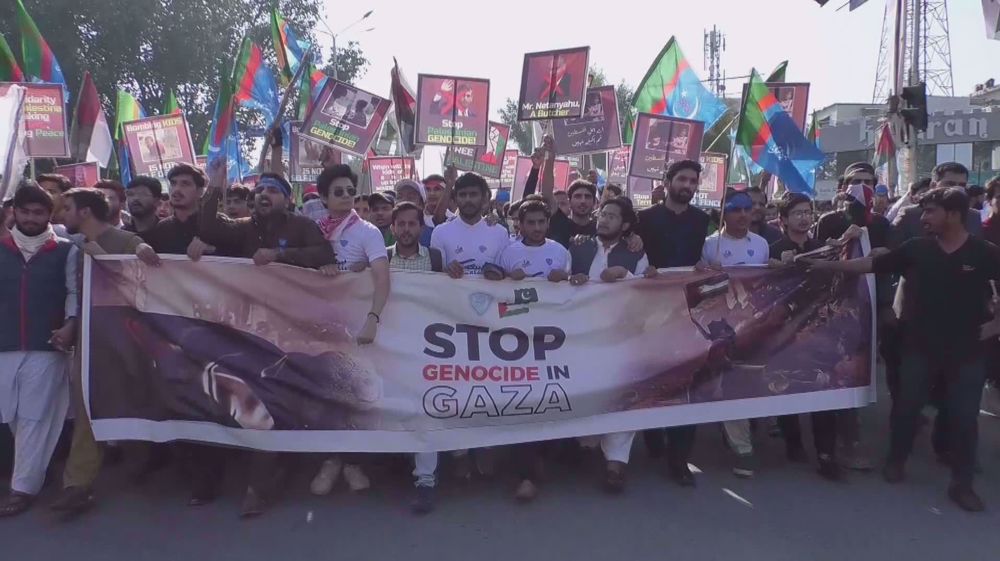
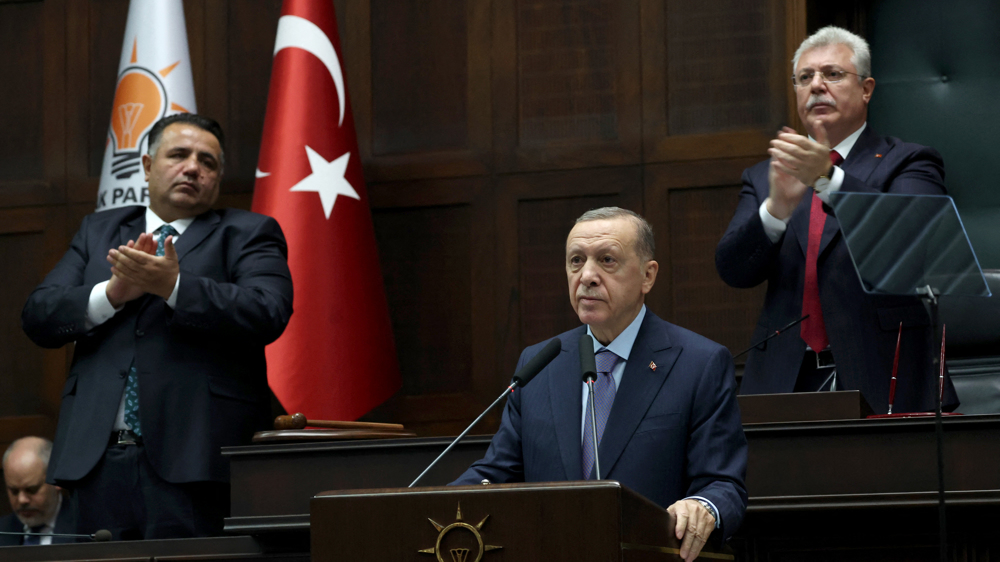
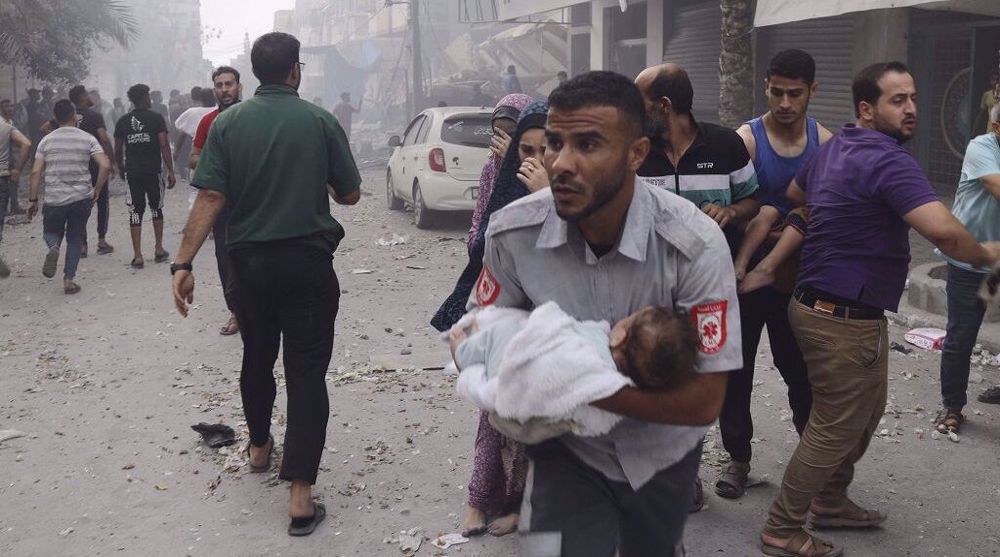
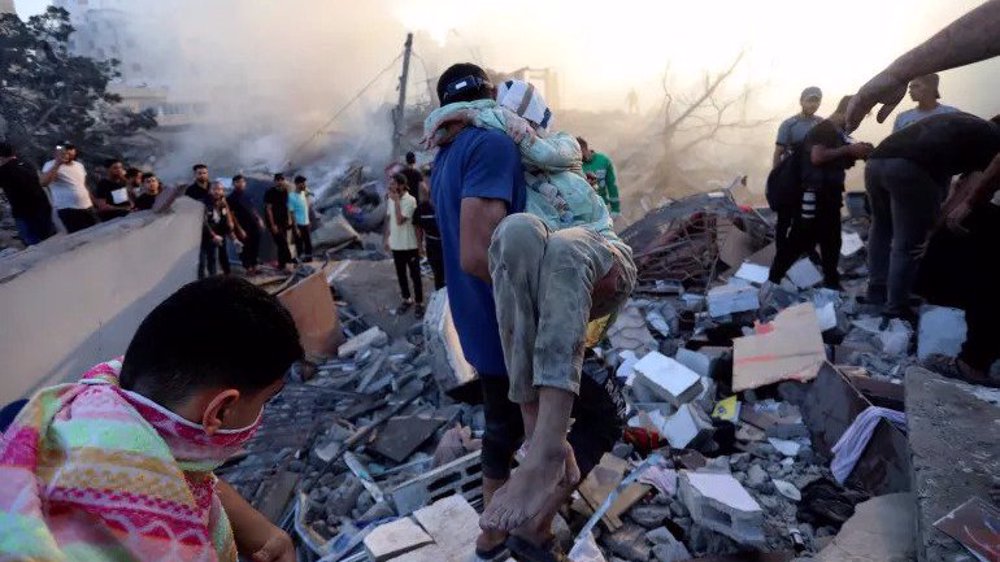
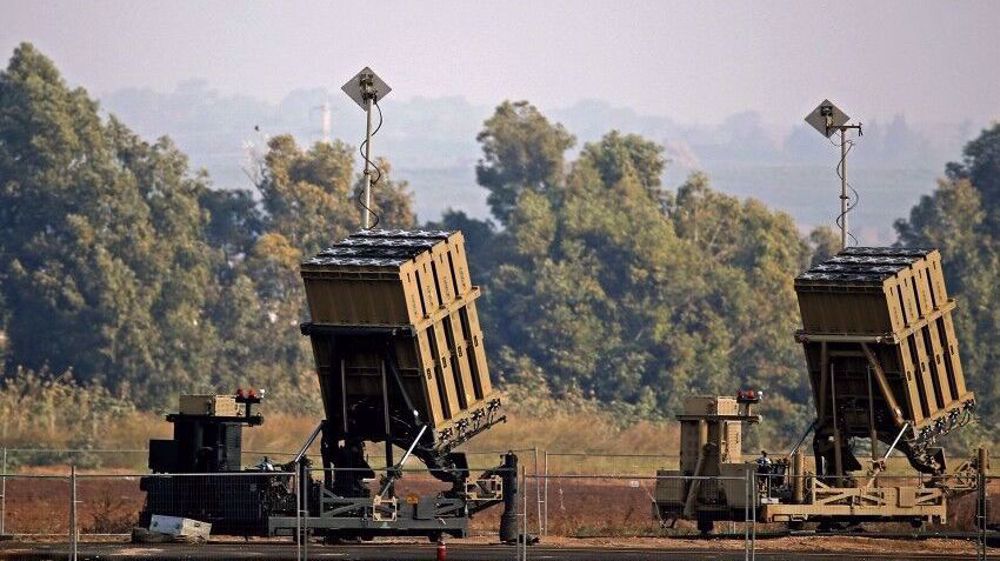
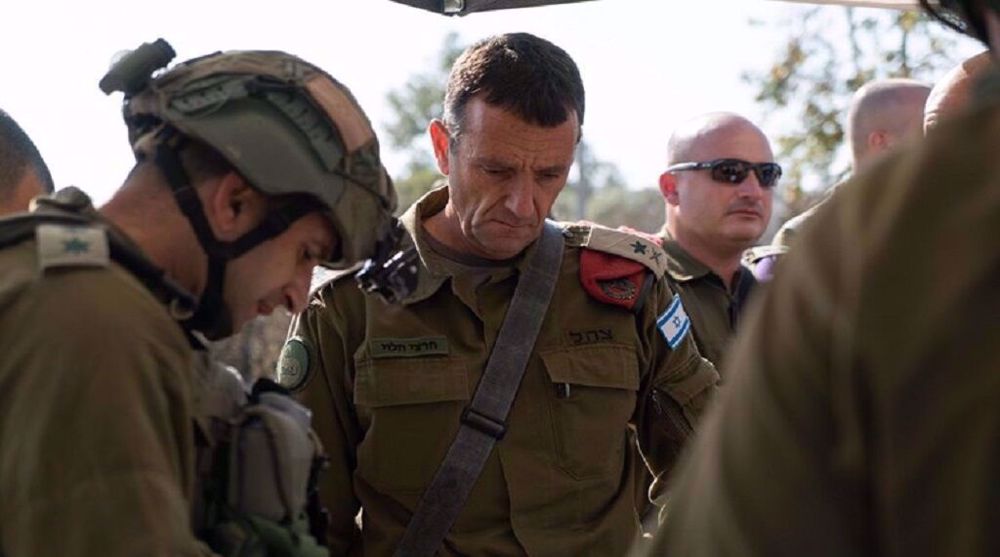
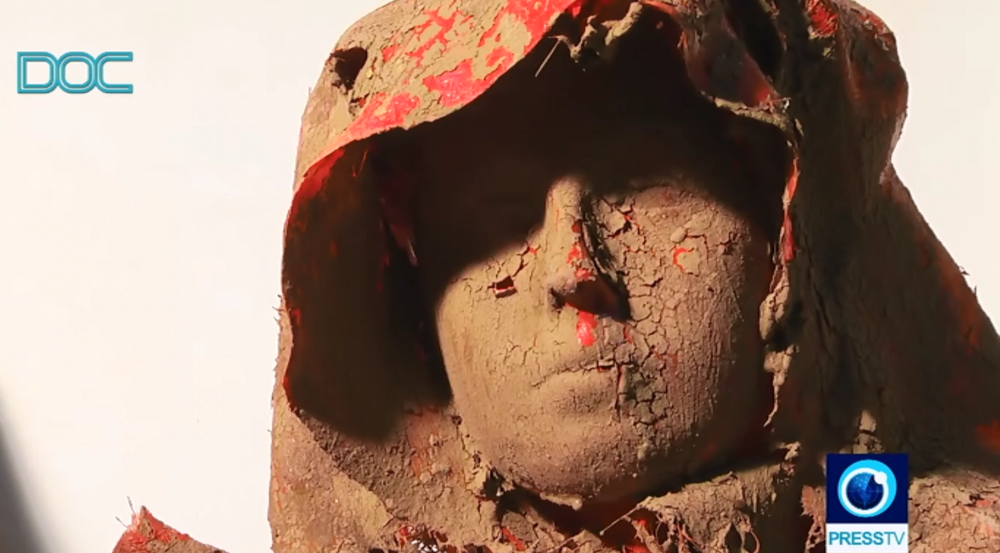
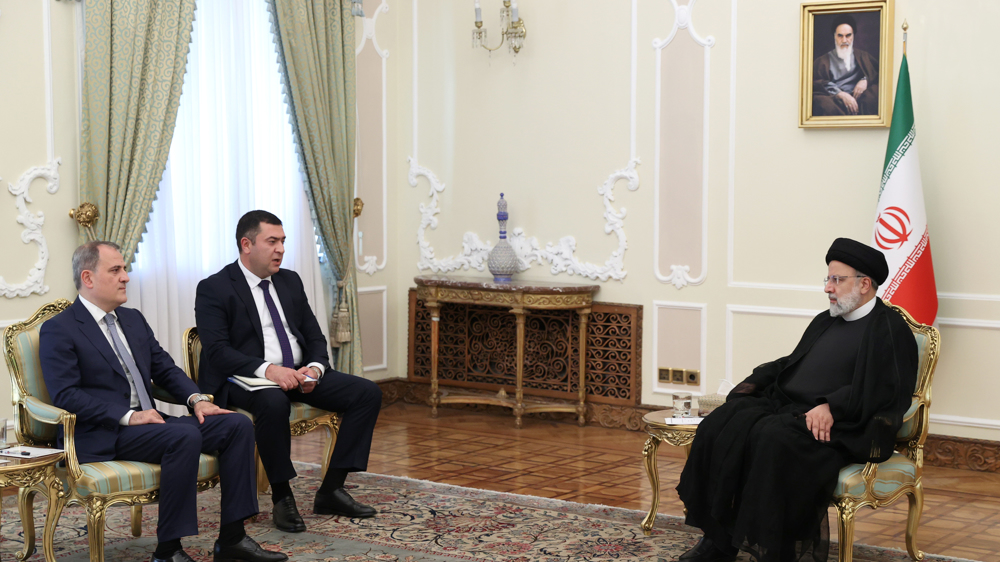

 This makes it easy to access the Press TV website
This makes it easy to access the Press TV website